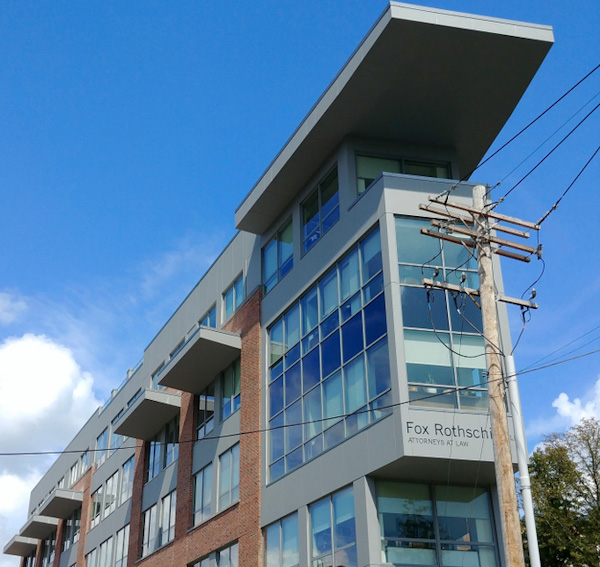Legal self-help centers are 'vibrant and effective,' survey says; can unbundled services play role?
Legal self-help centers have proliferated since Maricopa County, Arizona, launched a groundbreaking court-based legal help center in the early 1990s for residents handling their own cases.
The ABA’s Standing Committee on the Delivery of Legal Services identified about 500 self-help centers around the country and surveyed them about funding, staffing and services. The findings indicate that the centers “are a vibrant and effective resource” for those using the courts throughout the country, according to the survey report (PDF). A press release has details.
Nearly half of the centers responded to the survey. The findings include:
• Nearly 3.7 million people are served by self-help centers each year.
• Most centers are staffed by five or fewer full-time employees. Volunteers include lawyers, paralegals, students and community members.
• Most centers rely heavily on funding from court, state and county budgets, with extra money coming from sources such as bar associations and private donations.
• Centers most often provide legal service in the area of family law, followed by child support, domestic violence, guardianships, landlord/tenant matters, small claims, and general civil matters.
• Sixty-two percent of the centers provide referrals to lawyer referral services, 36 percent to pro bono lawyers, 28 percent to lawyers who provide unbundled legal services (in which lawyers work on limited tasks in a case), and 26 percent to lawyers.
• Out of 186 centers that responded to the question, 86 percent said at least some of the people seeking help at the centers could benefit from unbundled legal services. However, most of the centers (81 percent) believed fewer than a quarter of the people seeking help could afford to pay the going rate for unbundled legal services. The unbundled services cited as most needed were limited court appearances for single hearings (62 percent of respondents gave this answer), followed by assistance drafting documents such as pleadings and demand letters (61 percent) and limited court appearances for single issues (58 percent).
“More work needs to be done to efficiently identify those who would most benefit from self-help assistance and those who are in need of other services,” the report concludes. “For example, most respondents indicated that they believed their customers would benefit from limited scope representation, though only 38 percent of the centers provide information about such services and only 15 percent indicated that their community has a limited scope lawyer referral service panel.
“Self-help centers may be able to play a role in channeling such populations to limited scope representation or full representation attorneys, if appropriate, while freeing up center resources for the customers who most need that type of assistance.”



